Your trusted partner for analytical services, trainings and collaborations.
Welcome to NASAT Labs
NASAT Labs (Nanotech Analytical Services And Training Corp.) provides failure analysis, material characterization, water testing, environmental testing, and technical trainings to the semiconductor, electronics and allied industries. At NASAT Labs, we believe in the importance of Science and Technology and the role it plays in the development of society. We aim to promote Science and Technology and become an independent collaboration center for various industries and the academia. We trust in the potential of Philippine local industries and aim to support them in building and improving their Research and Innovation capabilities.
Welcome to NASAT Labs
Your trusted partner for advanced testing solutions in material science.
Innovative Testing Solutions
Delivering Reliable Services to Support Your Needs in:
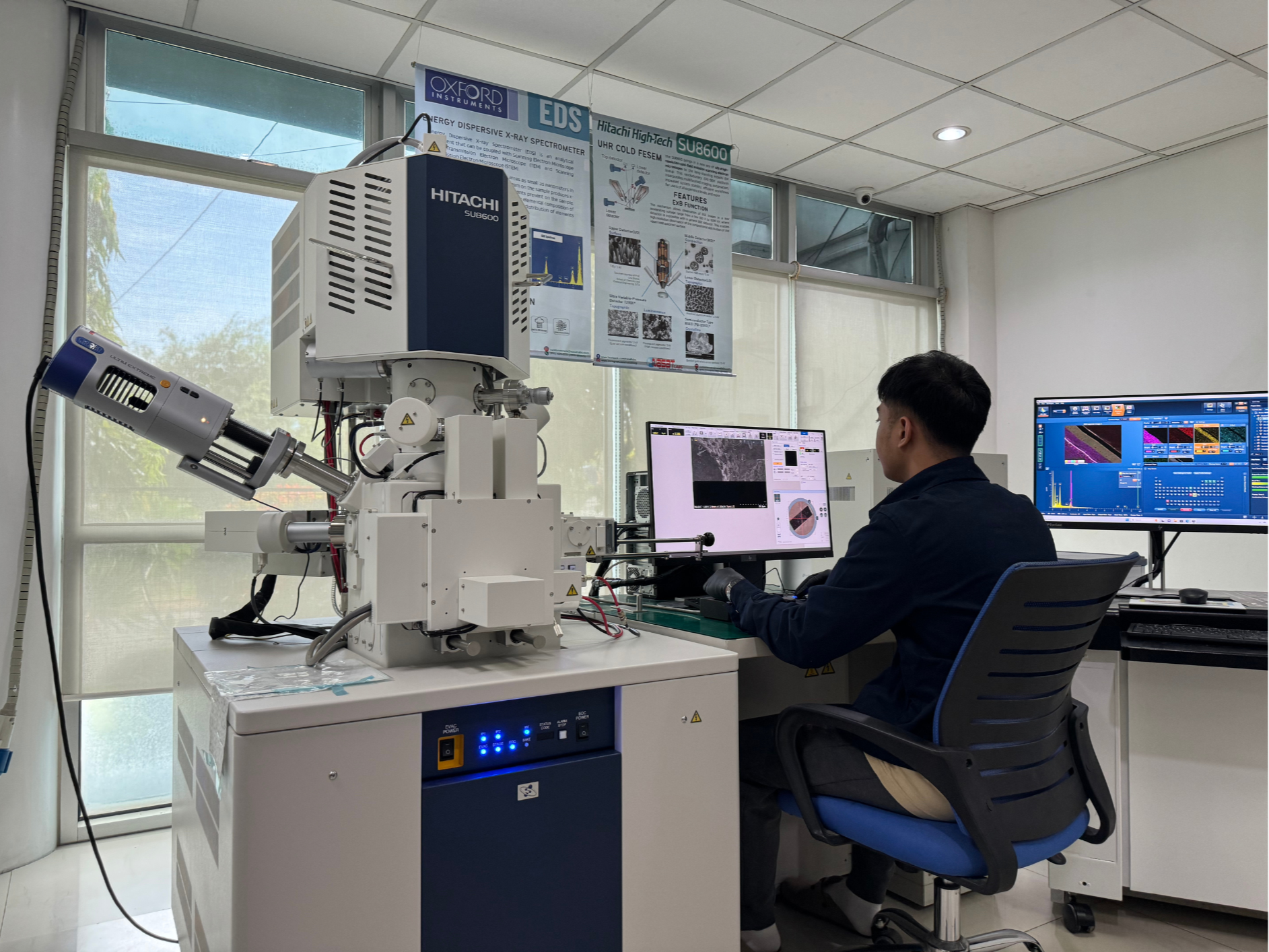
Failure Analysis and Material Characterization
NASAT Failure Analysis and Material Characterization Laboratory offers a wide range of advanced analytical services, including Ultra-High Resolution FE-SEM Imaging, Scanning Electron Microscopy (SEM Imaging), Energy Dispersive X-Ray Nanoanalysis (EDX or EDS), Electron Backscatter Diffraction (EBSD), Infrared Optical Beam-Induced Resistance Change (IR-OBIRCH) Analysis, ROHS Screening Analysis using XRF, X-Ray Fluorescence Spectroscopy (XRF), Atomic Force Microscopy (AFM), Thermogravimetric Analysis (TGA), Differential Scanning Calorimetry (DSC), Hybrid Ion Milling, Ion Sputtering, Mechanical Cross-Section, Grinding and Polishing, and more. Our dedicated team of experts ensures precise and reliable insights for all your testing needs. You can expect fast turnaround times which keep your projects on track.
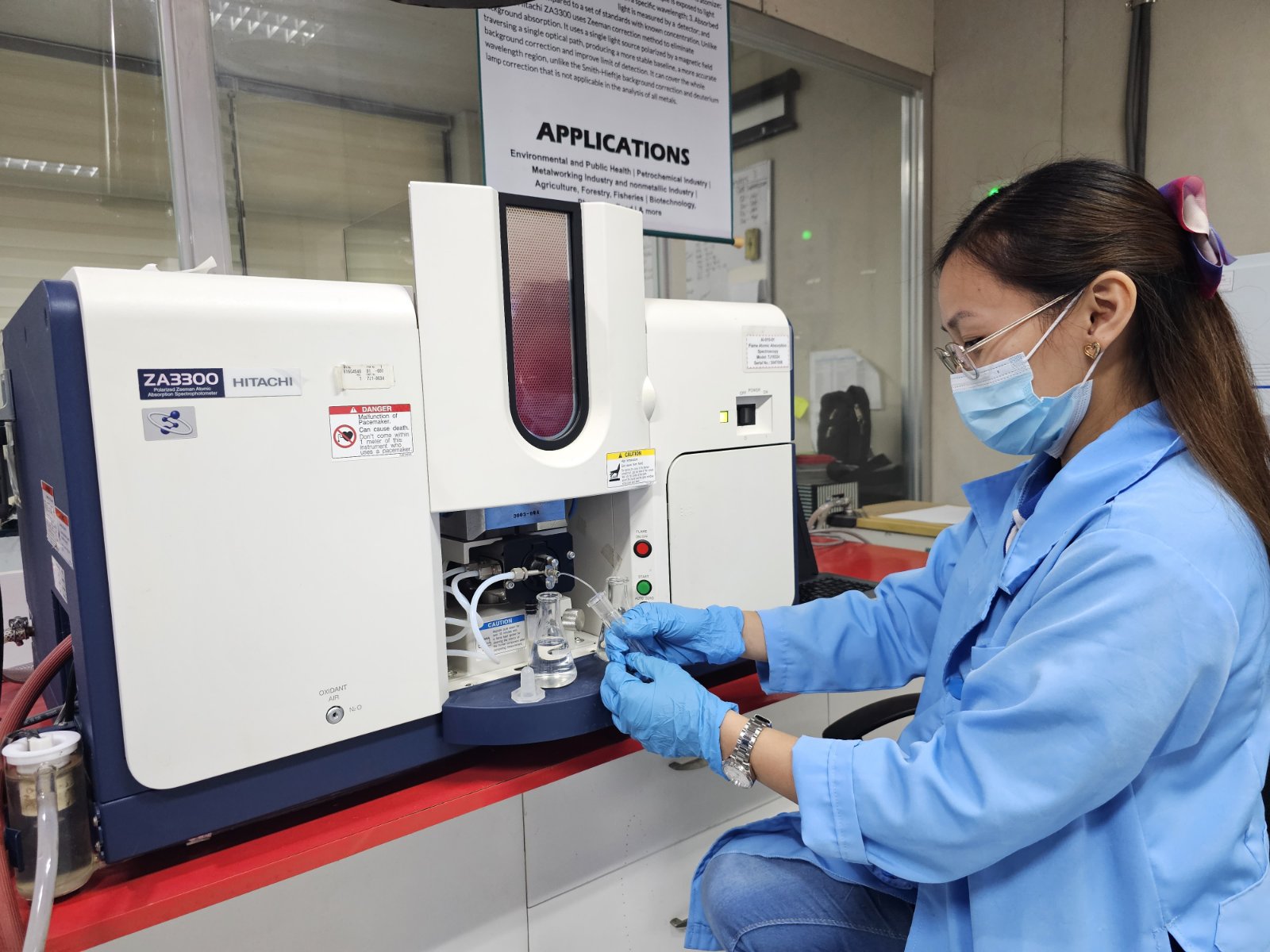
Water and Environmental Testing
NASAT Water and Environmental Testing Laboratory offers comprehensive services to ensure the safety and quality of your water. We can analyze parameters aligned with industry standards and regulatory guidelines, including pH, temperature, BOD, COD, dissolved oxygen, total dissolved solids, heavy metals, ammonia, nitrate, phosphate, oil and grease, sulfate, total and fecal coliform, and more. Our lab capabilities include physicochemical analysis (colorimetric, gravimetric, volumetric, and TOC analysis), heavy metals detection (ICP-OES, AAS, mercury detection), microbiological analysis, particle size analysis, and more. We provide testing for both wastewater and drinking water to ensure compliance with environmental regulations and public health standards.
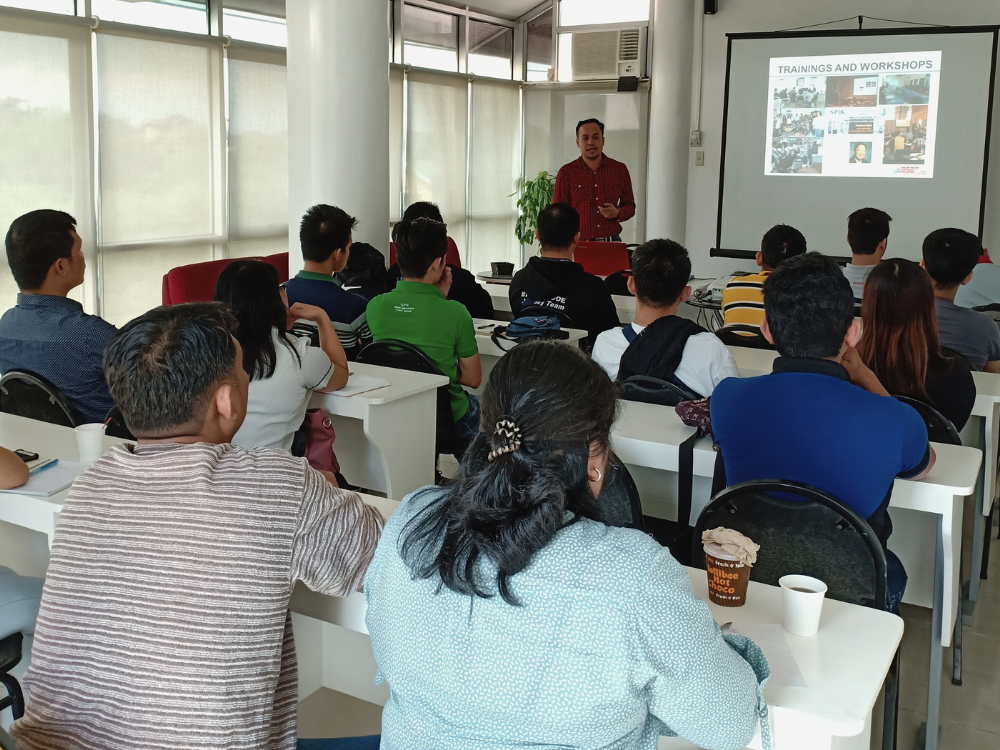
Technical Trainings and Workshops
We offer a wide range of technical training programs tailored to various industries, including Failure Analysis Techniques, Fault Isolation Techniques, IR Spectroscopy, Material Science and Engineering, Surface Analysis, Scanning Electron Microscopy, Energy Dispersive Spectroscopy, EBSD, Metal Analysis, Advanced Energy Dispersive X-Ray Spectroscopy, Ion Milling, Fractography, Advanced Surface Analysis Techniques, Thermal Analysis Techniques, Water Analysis Techniques, Particle Size Analysis, RoHS, ISO/IEC 17025:2017 Awareness, Measurement System Analysis, Reliability Engineering, Reliability Statistics, among many others.
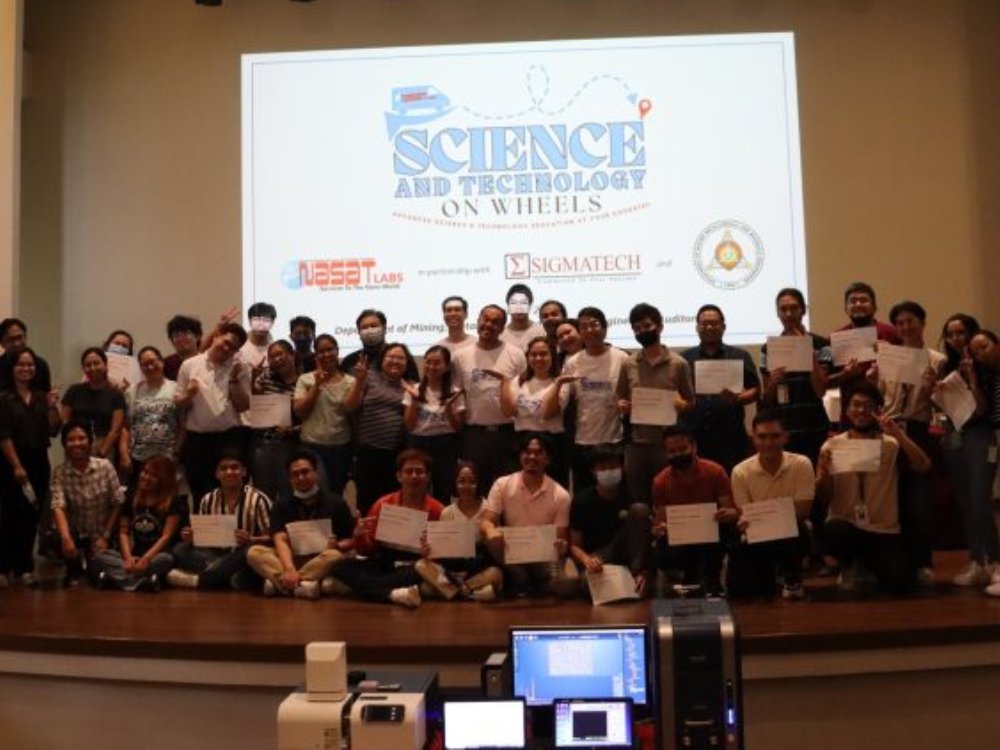
Community
At NASAT Labs, our commitment to advancing Science and Technology reflects our understanding of its vital role in shaping the society. This fuels our efforts to positively impact the community through various initiatives, including educational lab tours, collaborative projects, and our program, Science and Technology on Wheels (STOW).
Discover Our Journey and Values
At NASAT Labs, we are dedicated to advancing scientific knowledge through meticulous research and testing. Our journey began with a vision to provide comprehensive testing solutions across various fields. We pride ourselves on maintaining high standards of quality and integrity in all our services, ensuring the trust of both industry partners and academic communities.
50%
Our mission is to deliver unparalleled testing services that empower clients to make informed decisions. We value collaboration and thrive on building strong relationships with our clients.
50%
We embrace innovation, utilizing cutting-edge technology to enhance our service offerings. Our commitment to excellence drives us to continually improve and meet the evolving needs of our clients.
What Our Clients Say
Ready to take the next step?
Recognized by:
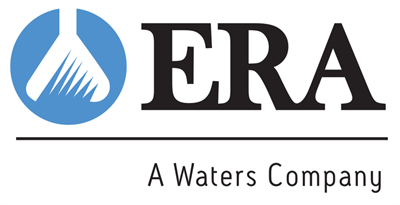



Stay Updated with Our Newsletter
Be the first to hear about service updates, training slots, free workshops, and special offers. Stay informed on testing advancements and insights that can support your projects.
By joining, you accept our Terms and Conditions and Privacy Policy.
